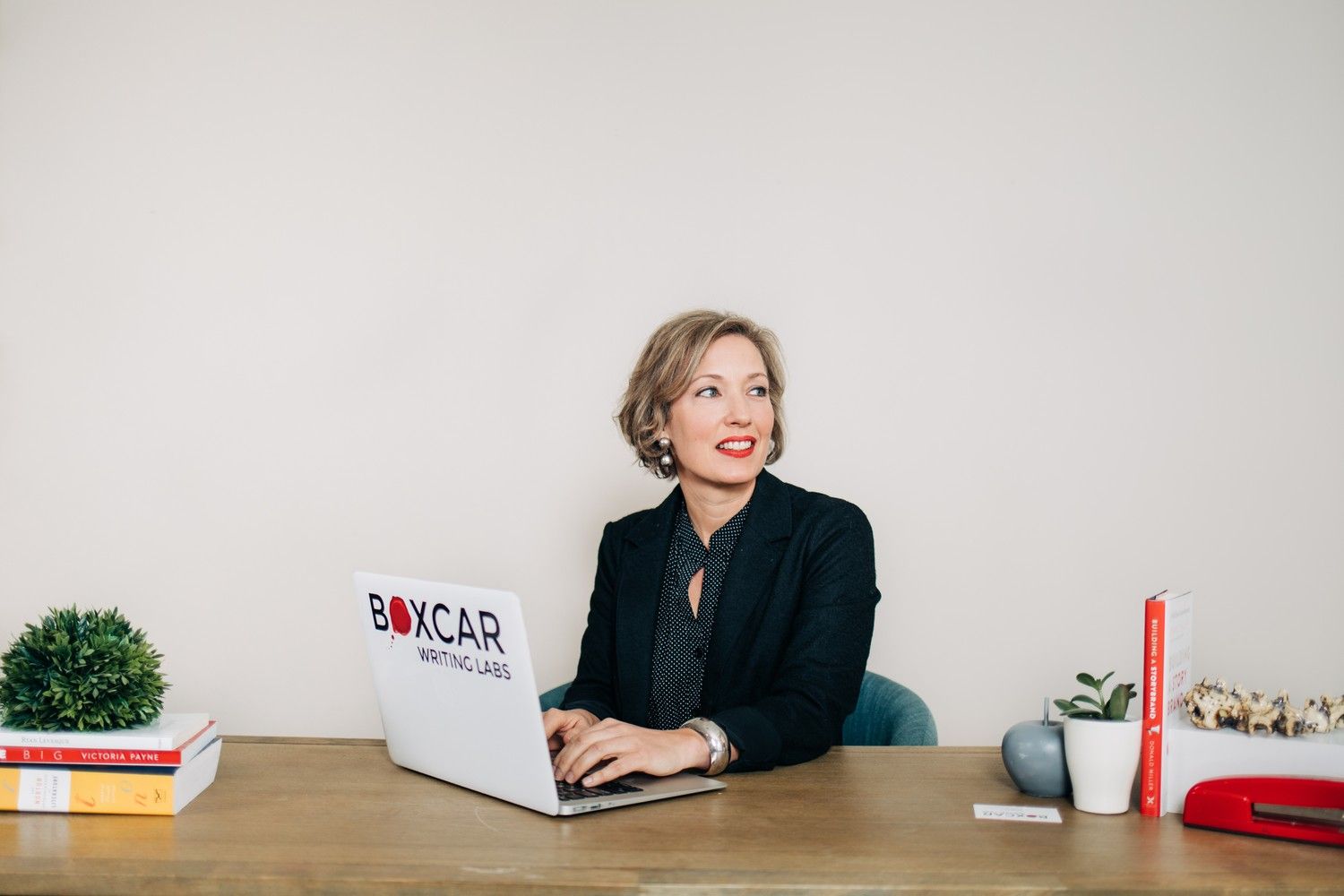Write Bigger Series: Resources for College Bound Students
Should you visit colleges before you apply?
To visit or not to visit?
When it comes to applying to colleges across the country, every senior and their family has a strategy. For Emma, waiting to visit colleges after she received acceptances just felt practical. After all, she spent the summer before her senior year working a paid internship with Intel and writing her common application essay. Between writing more supplements, playing volleyball, and juggling her honors classes in the fall, letting the college acceptances introduce and eliminate her real options gave her just a bit of breathing room.
But when Emma received acceptances into honors colleges from Oregon to Vermont and more acceptances from schools like Boston University and Brandeis, she felt more confused than ever.
With merit scholarships ranging from $6000 (UO and OSU) to $20,000 (Brandeis) to $23,000 (UVT) per year, and the WUE scholarship at Colorado State, she didn't know how to pick. “After hearing back from all my schools, I wasn’t really sure that I wanted to go to any of them because I hadn’t visited the campus,” said Emma.
She and her family set out to visit each university, weighing options between the long-term financial implications and the lifetime rewards of finding the right fit.
Before Emma left for tours, she summarized her most important criteria for selecting the college: does the school have the program I really want and can I see myself being happy here?
Navigating the road between achievement and happiness is one of Emma's many strengths. In fact, her topic for the common application essay focused on an uncommon failure that highlighted how personal satisfaction does not really come from grades but from a belief that one has given all of one's effort.
In her essay, Emma tells the story of spending hours and hours constructing a model bridge—an enormous project for her physics class—only to discover it couldn't pass the bridge efficiency test.
Her essay's background paragraph, or what I call the narrative situation, reads like this:
For most of my life, doing my best usually meant receiving an A. But building a bridge required a different skill set. Unlike presenting on sea sponges, finding derivatives of polynomial equations, or memorizing The Canterbury Tales, engineering a bridge demanded the use of exacto knives and dremels. To exacerbate the devastation, my parents are both architects. When I discovered my bridge efficiency scored only 30%—essentially a failing grade—I had two choices: take the F or build another bridge. What began as an attempt to salvage my Physics grade transformed into a personal quest to show myself that I was capable of more than I expected and ultimately to reinforce the determination and dedication I considered to be a part of my character.
And it was this combination of determination, dedication, and I would add, heart, that led Emma to discover where she wanted to spend the next four years of her life.
When visiting Colorado State University, Emma had a breakthrough. After loving the campus environment, the proximity to home, and the outdoor setting, she had a fateful encounter.
As Emma walked along the campus during an admitted students visit, undoubtedly standing out as she searched for buildings and peered down hallways, she witnessed a nearby student who was chatting on her phone suddenly end the call and turn in Emma’s direction. “She noticed I was a prospective student and wanted to know if she could help,” Emma told me.
For Emma, this act of kindness left a mark. “Even though I got into more highly ranked programs, I knew I wanted a college where I really felt I fit in,” she said.
Later that night, she hopped online, downloaded the belated application for the Honors College, and clicked send. Next year, Emma will be an honors student at Colorado State with discounted tuition thanks to the WUE scholarship and a $1000 honors stipend.
When she looks back, Emma advises college bound students to really take the time to research schools and understand if their programs truly match your interest. And—if you can—Emma thinks you should take a tour before you apply.
PS You can read Emma's College Application Essay, along with other outstanding students in the Write Big 101 course.
Victoria Payne
Victoria is a writer, story coach, and author of Write Big: From College Application Essay to Storytelling Standout. She's helped hundreds of students find their voice, gain admission, and win scholarships through her Write Big process. College bound students can learn learn more about how to write like a storyteller and standout in her free training.


